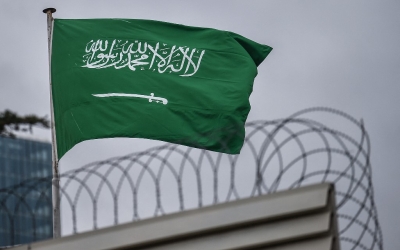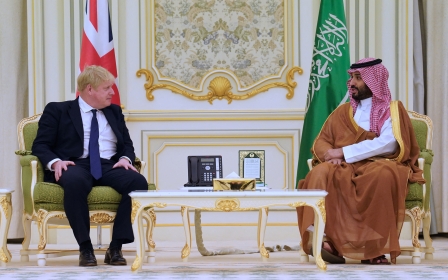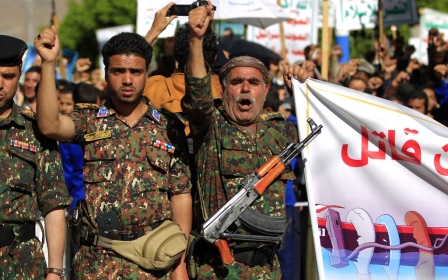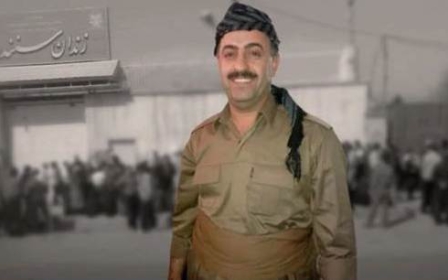Iran executed at least 280 people in 2021, UN report says

Iran executed at least 280 people last year, including 10 women and three minors, according to figures published by the United Nations.
Presenting a report to the UN Human Rights Council, UN special rapporteur on Iran Javaid Rehman, who has been denied access to Iran, said the number of executions for charges connected to narcotics laws had risen.
“In 2021, at least 280 individuals, including at least 10 women, were executed,” he said.
According to the report, the number of women being executed had risen.
The report found that more than 80 of the executions, including that of a woman and at least four Afghans, were for drugs offences, compared to 25 in 2020.
The expert said that he had also been informed that three “child offenders” - people who were convicted of a crime when they were under the age of 18 - were among those executed.
Rehman added that last year saw an increase in executions of people from minority communities, with more than 40 Baloch and over 50 Kurds put to death.
Between the beginning of January and the beginning of December 2021, at least 11 Kurdish prisoners died in prison in circumstances that were not clear.
Rehman also indicated that he had continued to receive consistent information on the use of confessions obtained under torture as evidence in cases carrying the death penalty.
Condemning the use of “lethal and excessive force” against peaceful gatherings demanding more access to water and the practice of “attempting to silence those who call for accountability.”
“There are many cases of harassment and threats against families of victims and others calling for justice… in some cases, individuals are subjected to criminal prosecution simply for having called for justice,” Rehman said.
Kazem Gharibabadi, vice president of Iran’s judiciary authority and secretary-general of its High Council for Human Rights, responded to Rehman’s report on Twitter, saying:
“The High Council for Human Rights condemns the approach employed by the so-called special rapporteur on Iran, which proves that instead of pursuing a policy of dialogue and cooperation, he has favoured a biased and politically motivated approach.”
Middle East Eye propose une couverture et une analyse indépendantes et incomparables du Moyen-Orient, de l’Afrique du Nord et d’autres régions du monde. Pour en savoir plus sur la reprise de ce contenu et les frais qui s’appliquent, veuillez remplir ce formulaire [en anglais]. Pour en savoir plus sur MEE, cliquez ici [en anglais].





